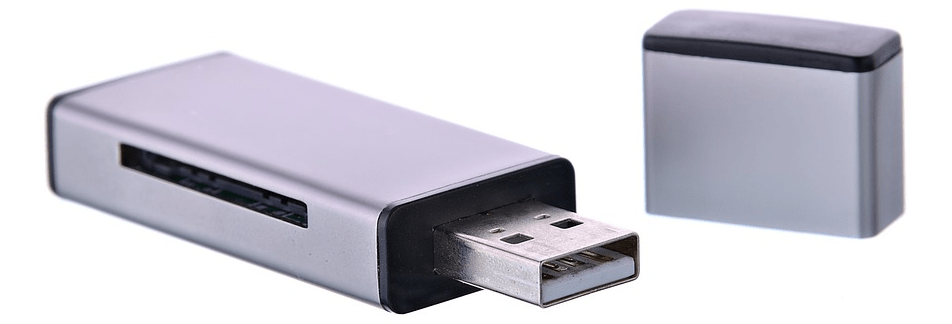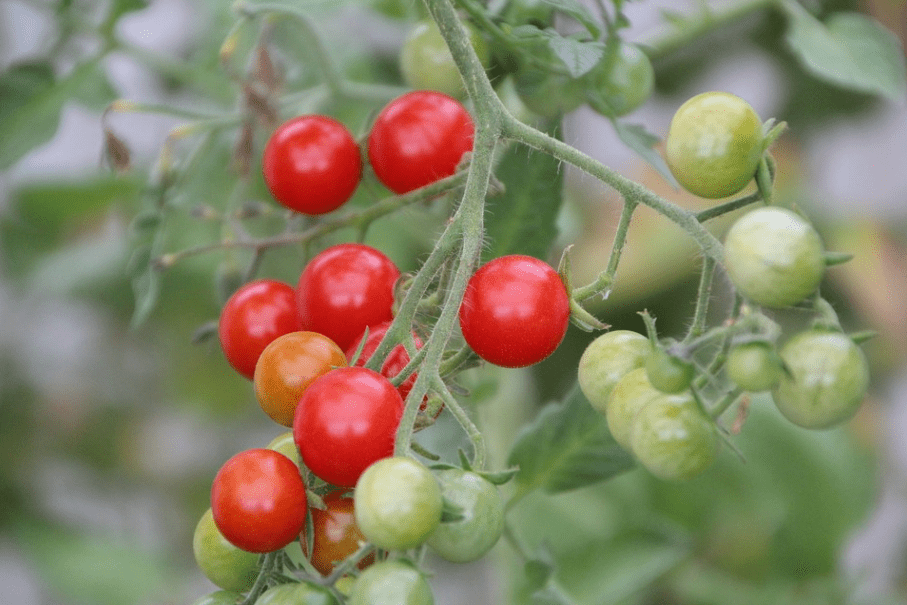For scientists and entrepreneurs planning to have their own start-ups, Israel is one of the best places to do it. It’s no wonder, as this small and fledgling state is already one of the technological giants in the world, something that Israelis should be really proud of.
Israel’s number of inventions, discoveries, and innovations in the world of science, technology, and agriculture are the products of the curious and bright minds of the Israelis, coupled with their noble aims of making the world a better place. You may be surprised that many of these remarkable technologies you might be benefitting from today are invented in Israel. Check them out:
1) Drip irrigation
It was engineer and inventor Simcha Blass who developed the drip irrigation system. He had a “Eureka!” moment while observing trees in a desert, noticing that one tree was significantly bigger than the other nearby trees. To his amazement, he discovered that the bigger tree was fed by a leaking water pipe. It was enough for him to realize that a few continuous amounts of dripping water were sufficient to make a significant difference in plant growth.
Netafim (which literally means “drops of water” in Hebrew), a company founded in 1965, was the first to commercialize Blass’s idea. It became the global pioneer in smart drip- and micro-irrigation, revolutionizing the agricultural industry.
2) PillCam
A camera that’s swallowable? It might be a far-fetched idea but the company Given Imaging – now Medtronic – made it possible with its product, PillCam. The company’s founder, Gavriel Iddan, was experiencing chronic stomach pains when he came up with the idea of a “capsule endoscopy” to capture the images of the digestive tract. The capsule, which is digestible and disposable, has the size and shape of a regular medicinal pill and contains a tiny camera. The PillCam is now the gold standard in intestinal visualization and is used around the world to diagnose infections, disorders and cancers in the digestive system.
3) Waze
Where would you end up without these helpful navigation apps as you’re trying to drive to your intended destination? You’re probably stuck in traffic for half an hour! Fortunately, there’s Waze, the app that has taken the world by storm. And yes, it was invented in Israel!
Engineer Ehud Shabtai first tried using GPS systems and was disappointed. While these systems succeeded in getting him from A to B, they couldn’t provide traffic information in real time. So, Shabtai mapped out, first in Israel, and on his own. Then he sought assistance from co-founders Uri Levine and Amir Shinar to create a community-based navigation device that provided real-time traffic updates on the go. And FreeMap Israel – now Waze – was born. It became an instant hit. In 2013, Google acquired Waze for almost $1 billion. Today, Waze provides road and traffic updates to millions of users around the world.
4) Mobileye
Mobileye is an Israeli security company and subsidiary of Intel, known for its tiny AI-powered digital cameras to help drivers navigate more safely. It was developed in 1999 by Amnon Shashua as part of his academic thesis on machine learning. He eventually turned his thesis into a practical and technical solution by developing algorithms that would enable a tiny camera placed in cars to alert drivers of any hazards, such as an impending collision with another vehicle. It can also detect incoming pedestrians or tell drivers when they are steering out of the lane.
In 2017, Intel acquired Mobileye for a staggering US$15.3 billion, becoming the largest acquisition of an Israeli company so far.
Today, over 25 automakers from around the world use Mobileye technology to make driving a lot safer, and more than 15 million vehicles are fitted with this technology. The number of lives that Mobileye has saved is countless.
5) Watergen
Humidity is the amount of water vapor in the air. Who would have thought that someone would take advantage of air by extracting clean, potable water from it? But the genius minds behind Watergen have made it possible. Founded by former IDF combat commander Arye Kohavi and his team of engineers, Watergen was initially conceived as a startup to provide clean, accessible drinking water to militaries.
Watergen’s generators feature a patented GENius technology to extract water vapor from the air, cooling and liquidizing it. The generator produces up to four liters of water for every kilowatt-hour electricity use.
Today, Watergen’s generators are found in disaster zones around the world. It is expected to be rolled out to more water-deprived countries, bringing hope to provide drinking water for millions of people everywhere in the world.
6) USB flash drive

7) ICQ
Before Yahoo! Messenger and, more recently, Skype and WeChat have dominated the instant-messaging world, there was ICQ – the world’s first and original instant messaging client.
The company, Mirabilis, developed ICQ in 1996. The name was derived from the English phrase “I seek you.” Instead of sending e-mails, ICQ allows users to send messages to each other in real time. Because of its convenient and centralized system, ICQ quickly reached a widespread audience.
ICQ was bought by the U.S. company AOL in 1998 and then by the Russian firm Mail.ru in 2010. However, it has since been overshadowed by more popular competitors. Recently, ICQ has been enjoying renewed popularity in Hong Kong, likely spurred on by the controversy surrounding WhatsApp’s privacy policy update.
8) Cherry tomatoes
The original inventor of the popular cherry tomatoes is still hotly debated. However, Israeli agrarian scientists did some significant modifications that developed into the sweet and tasty cherry tomatoes we know today.
The cherry tomato had already been popular before Israeli growers figured out how to develop a sweeter variety that could easily be packed and shipped, and have a longer shelf life. During the 1970s, British clothing and grocery chain Marks & Spencer reached out to its local growers and Israeli food scientists to develop a commercial breed of the cherry tomato. The company wanted a new variety possessing sweeter flavor and longer shelf life. At the time, cherry tomatoes were used more frequently as a garnish than as an ingredient.
British growers began experimenting with a new variety called “Gardener’s Delight.” Israeli growers, on the other hand, bred the seeds to grow in uniform rows rather than in clusters, and last longer on shelves. Agricultural scientists at the Hebrew University in Jerusalem successfully developed a commercialized cherry tomato by introducing genetics that would allow the tomatoes to ripen more slowly compared to the other varieties. Eventually, they introduced a higher sugar concentration into the small fruits as a response to the consumer’s preference for the sweeter cherry tomatoes. Meanwhile, Marks & Spencer began selling cherry tomatoes in its produce section, kicking off a worldwide craze for these sweet and flavorful little red fruits.
To the moon
Israel has also attempted to reach the moon with its Beresheet lunar craft. It failed to touch down safely as it crash-landed on the moon’s surface on April 11, 2019. However, that was enough impetus for the SpaceIL to lay down its plans for Beresheet 2, which is expected to launch in 2024.

